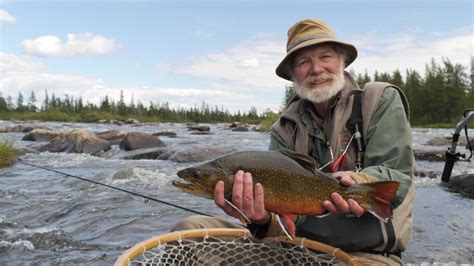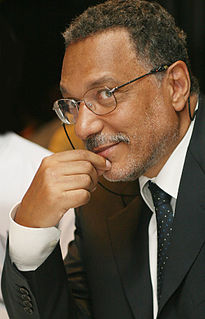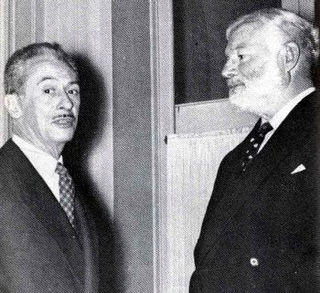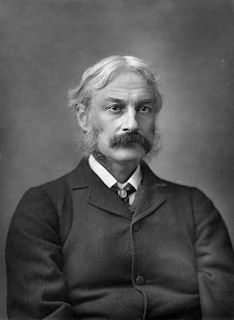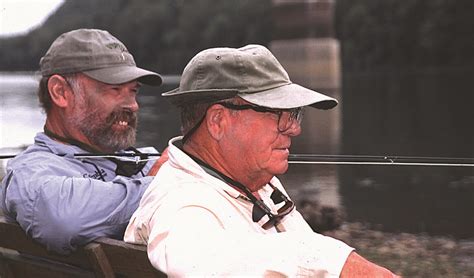A Quote by John Gierach
Fly-fishing is solitary, contemplative, misanthropic, scientific in some hands, poetic in others, and laced with conflicting aesthetic considerations. It's not even clear if catching fish is actually the point.
Related Quotes
The good designer aims at a perfect fusion of the various considerations which enter into his design. He aims at an untortured unity-a direct whole. He arranges his levels consciously or subconsciously, adhearing to the requisites of the problem he is asked to solve or to his own inclination. Some designers see total act through a disc of aesthetic considerations-others, more practical minded, may put economic considerations at top level.
There is no need for an end to fish, or to fishing for that matter. But there is an urgent need for governments to free themselves from the fishing-industrial complex and its Ponzi scheme, to stop subsidizing the fishing-industrial complex and awarding it fishing rights, when it should in fact pay for the privilege to fish.
Allowing the fly to sink to the fish's level, the angler makes a retrieve. The fly comes directly at the fish, which suddenly sees its approach. As the small fly get nearer, the fish moves forward to strike, but the tiny fly doesn't flee at the sight of the predator. Instead it continues to come directly toward the fish. Suddenly the fish realizes intuitively that something is wrong(its never happened before), so it flees until it can assess the situation. An opportunity for the angler has been lost.
In our family, there was no clear line between religion and fly fishing. We lived at the junction of great trout rivers in western Montana, and our father was a Presbyterian minister and a fly fisherman who tied his own flies and taught others. He told us about Christ's disciples being fishermen, and we were left to assume, as my brother and I did, that all first-class fishermen on the Sea of Galilee were fly fishermen and that John, the favorite, was a dry-fly fisherman.
Inner experience ... is not easily accessible and, viewed from the outside by intelligence, it would even be necessary to see in it a sum of distinct operations, some intellectual, others aesthetic, yet others moral. ... It is only from within, lived to the point of terror, that it appears to unify that which discursive thought must separate.
